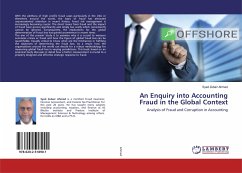Regression testing is an important but expensive activity, and a great deal of research on regression testing methodologies has been performed. In recent years, much of this research has emphasized empirical studies, and in particular, evaluations of the effectiveness and efficiency of regression testing techniques. To date, however, most studies have been limited in terms of their consideration of testing context and system lifetime, and have used cost-benefit models that omit important factors and render some types of comparisons between techniques impossible. This dissertation addresses these limitations to provide several important advantages for practitioners and researchers. For practitioners, we provide new practical understanding of regression test techniques. For researchers, we provide a new cost-benefit model that can be used to compare and empirically evaluate regression testing techniques, and that accounts for testing context and system lifetime factors. We identifyproblems involving infrastructure, and provide infrastructure that can help researchers conduct various controlled experiments considering a wide variety of software artifacts.







